Are you ready for an emergency? Here are 7 emergency plan tips to get you started.
We don’t like to think about emergencies. But we hear of natural and man-made disasters almost every night. Some of them are on the news, while others may have hit a little closer to home. If something happened near you, would you be able to take care of yourself and your family until help arrived? Now is a great time to come up with a family emergency plan, or to review the one that you already have in place to make sure everything is still up to date and ready to use.
Emergency Plan Tips
1) Be Aware Of The Emergencies You May Be Facing
The first thing needed to be prepared is simply to know what you may be facing. Start by making a list of the natural emergencies and disasters you may be facing in your area. Preparing for a tornado is very different from preparing for a hurricane, an earthquake, or a major snow storm. Be aware of the types of emergencies you may encounter and then read up on how to best prepare for each them. Even a power outage is cause for concern. This information will become the basis for your family emergency plan.
2) Find A Safe Spot In The House
In many cases, the best place to deal with an emergency is in your own home. If you are going to wait out a disaster or emergency in your home, it’s a good time to find a designated safe spot. Different types of disasters require different types of safe spots. When the unexpected hits, you don’t want to get overwhelmed and make a bad decision under stress. Think about the safest place now. Is it an interior closet? Is it the bathroom? And make sure everyone in your household is aware of what and where that safe spot is.
You should even stash a little emergency kit with a flashlight, emergency radio, a blanket, and a bit of food and water in the spot just in case. How and where that place is will vary from home to home and emergency to emergency. Refer to your list and research from step one to make an educated decision.
FEMA Storm Safe: Sheltering In Place
3) Declare A Safe Meeting Spot Should You Be Required To Leave
Sometimes home is not the best place to stay. Some natural disasters and man-made emergencies – fires, floods, hurricanes, tornadoes – will require you to evacuate. It’s a good idea to come up with safe meeting spots well ahead of time. Meeting up with a relative who lives further inland for example is a good plan when a hurricane is approaching.
Decide on a meeting spot and make sure each family member, including your children, knows where to meet up. You never know when disaster strikes and who may be where. If your kids are staying over a friend’s house or are at school, you want to make sure they know where to meet up with you if there is no way of getting them before you leave.
Keep an emergency bag in your car. Keep food, water, and a change of clothes for everyone. You may not be able to return home. There are pre-made emergency bags that can be purchased. Or you can make your own.
Call a meeting and make a family emergency plan so that everyone knows what to do and where to go – just in case!
4) Keep Emergency Contact Info On You At All Times
Speaking of getting separated in an emergency, you never know what may happen, so it’s a good idea to keep contact info on you at all times. This should include any and all cell phone numbers of immediate family, along with landline numbers for friends or relatives who live further away and who may be able to act as intermediaries. Remember to program emergency contact information into the cell phones of all family members, including children’s cell phones.
It’s also a good idea to exchange email addresses. Make sure you use web based emails that can be accessed from anywhere. During the hours after 9/11 it was almost impossible to make a phone call. Email became a way to communicate with phone lines overloaded. Text messaging may be another option when calls don’t go through.
Designate an emergency contact person. In a big emergency, it may be difficult to contact everyone affected. Choose a friend or family member – that is not in the area – to serve as a central single point of contact. That person will be able to receive and relay information to other concerned family members. Make sure everyone knows to call Grandma – and make sure children know Grandma’s name.
5) Emergency Communications
After a large emergency or disaster, it may be hard to communicate at all. A good emergency radio should be part of your preparations. You will be able to hear news reports and updates. If possible, get and learn to use an amateur radio. There are HAM radio groups all over the country to help you and the radios are not expensive. Beside the fact that it is just fun, you will have the piece of mind that you are fully equipped to communicate in an emergency.
FEMA Emergency Communication Plan
6) Food, Water, And Medical Provisions
Have some emergency rations on hand. Keep enough clean water, food and any medication you may need around to last for a few days. By then emergency personal should hopefully have gotten to you. Again, the types of supplies and how long you should provision for will vary from family to family and emergency to emergency. Make a list of the supplies that you will need. Do what you can to be prepared.
FEMA Disaster Supplies Checklish
7) Cooking in an Emergency
Let’s don’t forget that everyone will be hungry. Few things are worse for a parent than to be in a situation with children crying from hunger, but not being able to feed them. If the power goes out or you are stuck by the side of the road, what can you do? Have an alternative method to cook your food. Remember the bbq grill outside? Or the camping cookstove? Your emergency preparations should include fuel, such as stored charcoal and extra propane, for those alternative cooking methods.
Solar Cooking
Solar cooking is another alternative cooking method to use. Solar cooking uses only the free fuel that comes from the sun to cook. If you don’t want to invest in a solar cooker, you can make an emergency solar cooker from a car windshield shade. A cup of hot soup, cocoa, or coffee will be comforting to you and the kids while waiting for help to arrive. 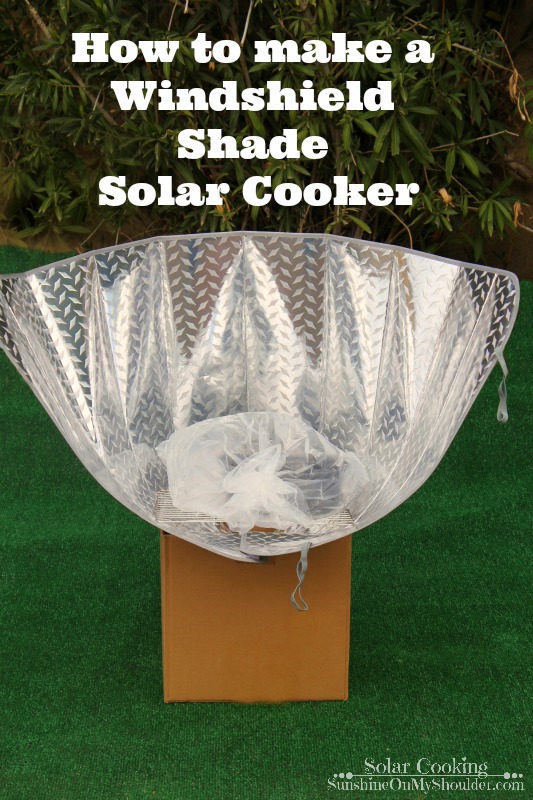
Hopefully, you will never face the kind of emergency that will force you out of your home and interrupt your life. Using these emergency plan tips will make sure that you are prepared for the unknown. And knowing that you are prepared to take care of yourself and your family will bring you comfort and peace of mind.
Solar Cooking Tips & Techniques
“As an Amazon Associate, I earn from qualifying purchases”

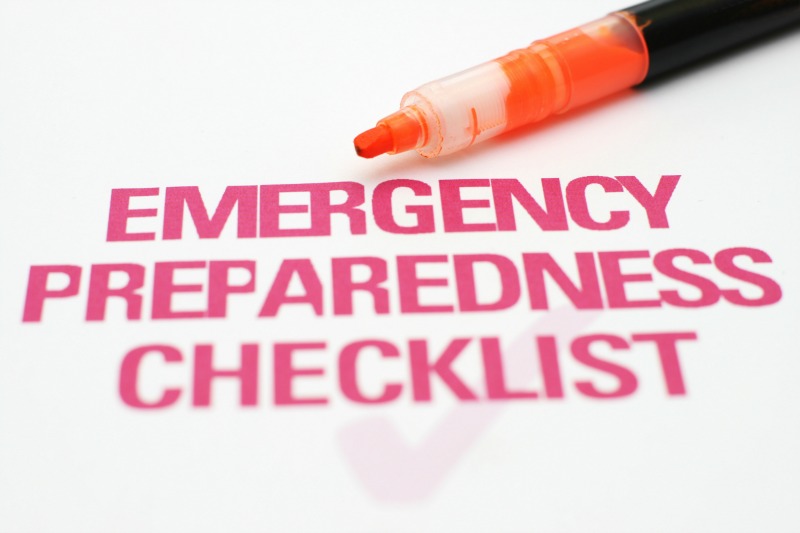
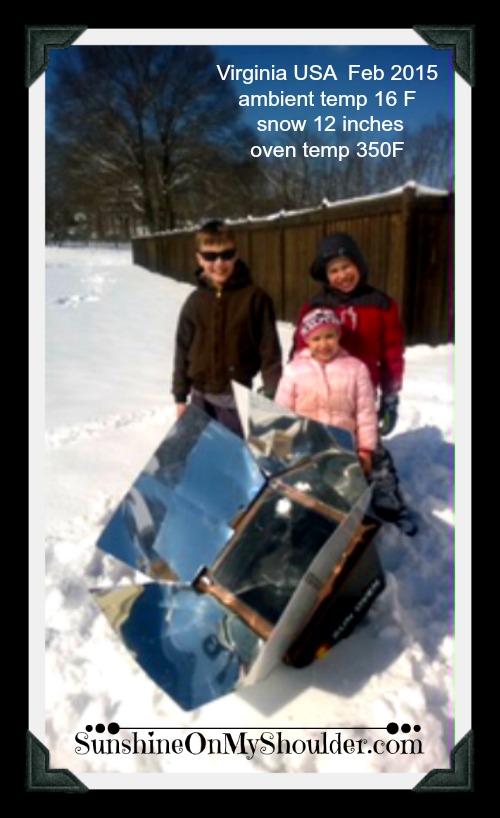
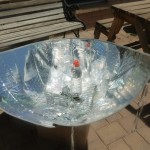


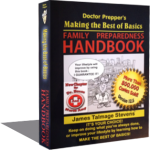
Hi Merry, this article si on-point. Short but sums up most of things that we have to prepare for in emergencies. Some poeple don’t prepare just because no crisis happens in their area. People who experience catastrophes most of the time usually prepare.
Hello Leona, I agree. People who have experienced catastrophes understand the value of being prepared for an emergency. But if it has never happened to you, you don’t truly understand the necessity and value – and even comfort – of being prepared. Thanks for the insight. And thanks for dropping by and leaving me a note. Merry